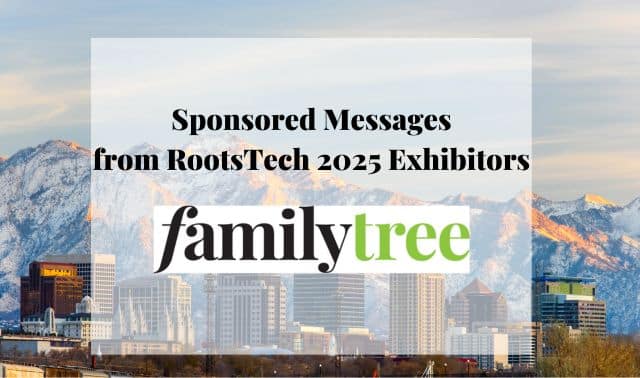Researching ancestors in newspapers has always been notoriously labor-intensive due to difficult access, lack of indexes and the sheer volume of reading material. But now genealogy Web sites are scrambling to digitize yesterday’s news—even as more and more of today’s newspapers fold.
In 2008, Google launched its initiative to bring historical newspapers online; its News Archive search delivers matches in its own free and others’ subscription-based databases. Google made headlines again last January with its purchase of the Paper of Record archives from Canadian digitization company Cold North Wind. The purchase, which included papers from Canada, the United States, Mexico and Europe, effectively shut down the company. Controversy arose when PaperofRecord.com was dismantled before Google made all its newspaperssearchable, a situation Google attributes to copyright issues and image-quality problems for some titles (see <google.com/support/news/bin/answer.py?answer=148418> for details).
Gannett, the country’s largest newspaper publisher with 84 titles including USA Today, has struck partnerships with two genealogy content providers. Subscription site Footnote is digitizing Gannett’s historical newspapers, starting with 1960s editions covering the Apollo 11 moon landing (shown) and Woodstock. ProQuest is adding Gannett’s 1977-and-later papers to its licensed Newsstand databases (available through many libraries).
Subscription-access GenealogyBank, the Library of Congress’ free Chronicling America and other sites also are rushing to add more digitized pages. Ironically, as Web sites preserve old newspapers, publishing pundits including editors of The Economist have opined that the Web’s free, 24-hour news is doing in those papers’ modern descendants.
From the November 2009 Family Tree Magazine


